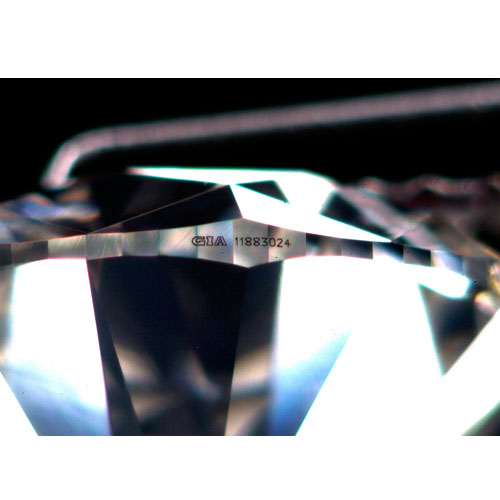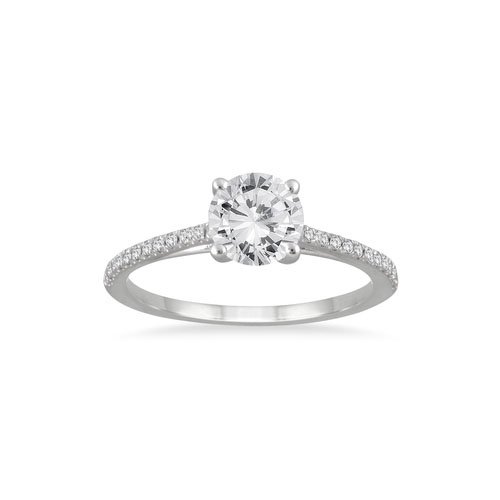
Reason for appraisal updates
March 10, 2016
Diamond Buying Tips this Holiday Season
March 10, 2016In Dallas recently, a client wanted her Great-Aunt’s Ruby Engagement ring appraised. It was (and is) a very attractive piece, with the year “1912″ hand engraved inside the bottom shank. I looked at it for 10 seconds, handed it back to her and said, “I realize this ring has tremendous Sentimental value; you can never replace it. However, it is a Man-made stone and the Intrinsic value is $50 . . . “ To her credit, the first thing she said was “My poor Aunt!” She then asked me if such Rubies existed in the 1900′s. I confirmed that
Man-made Rubies [Flame fusion] have been around since 1860 or before! Needless to say, she did not need an appraisal. Another client in Kansas City had a Colored Stone ring that her mother purchased 50 years prior. After performing numerous gemological tests on it, I determined it was also Man-made. This was different than what the mother was originally told. The client anxiously said to me, ” . . . I’m sorry my mother has already passed because if she were still alive, she’d probably kill someone!” (Meaning the initial sale was made by telling the customer that the stone was real. It wasn’t.)
My feeling is that these people have already suffered enough and that they should not be charged. Neither was. Both imagined that they had expensive family heirlooms. Neither did. Conversely, a gentleman who had zero interest in jewelry was given a bracelet by his family; it was an article that Sotheby’s could easily auction for tens of thousands of dollars. He sat quietly in my Delaware office, totally oblivious while a very needed appraisal was done.
Why mention these stories? Because often someone is given jewelry that is rumored to be valuable, and it isn’t. Unfortunately, many clients schedule an appraisal for just this purpose. They think that they require a long and involved document, detailing everything about it. They don’t. The piece will never be sold or insured so the owner merely needs a confirmation about its identity-not a long and expensive piece of paper. If, after testing, it is real and somewhat valuable, then an appraiser can perform his or her magic on it. (I lost an account in the Midwest over this issue. I patently feel that many clients are taken advantage of by not knowing what they have. Having to pay for an unnecessary appraisal should not be an accepted manner of doing business!) Paying too much for something unneeded hurts the industry and can ultimately drive away the very clients who really require our appraisal services.




